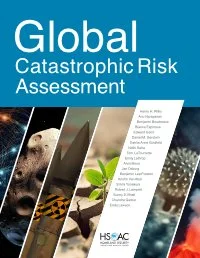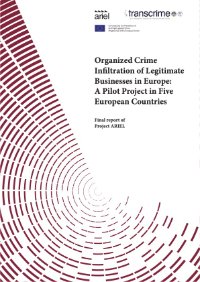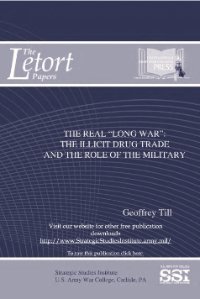RAND CORPORATION
From the document: "Global catastrophic and existential risks hold the potential to threaten human civilization. Addressing these risks is crucial for ensuring the long-term survival and flourishing of humanity. Motivated by the gravity of these risks, Congress passed the Global Catastrophic Risk Management Act in 2022, which requires the Secretary of Homeland Security and the administrator of the Federal Emergency Management Agency to coordinate an assessment of global catastrophic risk related to a set of threats and hazards. The U.S. Department of Homeland Security Science and Technology Directorate and the Federal Emergency Management Agency requested the Homeland Security Operational Analysis Center's support in meeting this requirement. This report documents findings from our analysis." Authors include: Henry H. Willis, Anu Narayanan, Benjamin Boudreaux, Bianca Espinosa, Edward Geist, Daniel M. Gerstein, Dahlia Anne Goldfeld, Nidhi Kalra, Tom LaTourrette, Emily Lathrop, Alvin Moon, Jan Osburg, Benjamin Lee Preston, Kristin Van Abel, Emmi Yonekura, Robert J. Lempert, Sunny D. Bhatt, Chandra Garber, and Emily Lawson.
RAND CORPORATION. HOMELAND SECURITY OPERATIONAL ANALYSIS CENTER. 30 OCT, 2024.237p.







